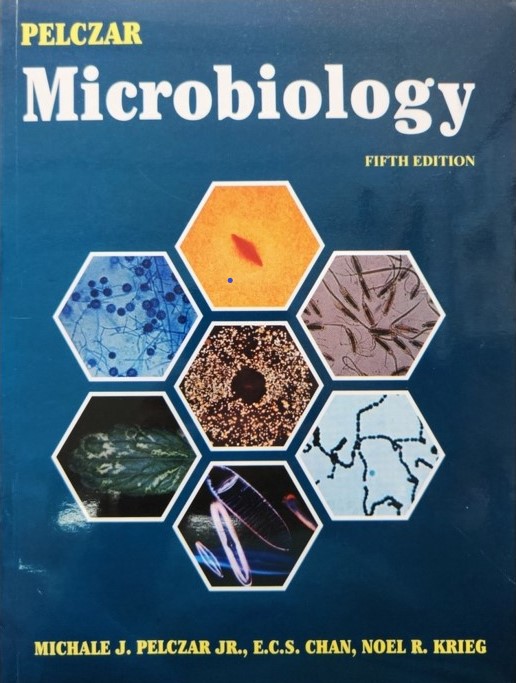
- Teacher: Annika Singh
- Teacher: Alok Pandey
- Teacher: Chandresh Sharma
- Teacher: Pramod Yadav

Environmental biotechnology is the application of biological processes to solve environmental problems, such as pollution, waste management, and resource conservation. It involves using microorganisms, plants, and enzymes to treat wastewater, remediate contaminated soils, and manage solid waste through composting and bioremediation. This field also supports sustainable energy production through biofuels and biogas. By harnessing nature’s ability to break down pollutants, environmental biotechnology helps reduce industrial impact, lower carbon emissions, and promote eco-friendly alternatives. Advances in genetic engineering further enhance bioremediation efficiency. Overall, it plays a crucial role in creating a cleaner, more sustainable future for our planet.
- Teacher: Vishal Chand